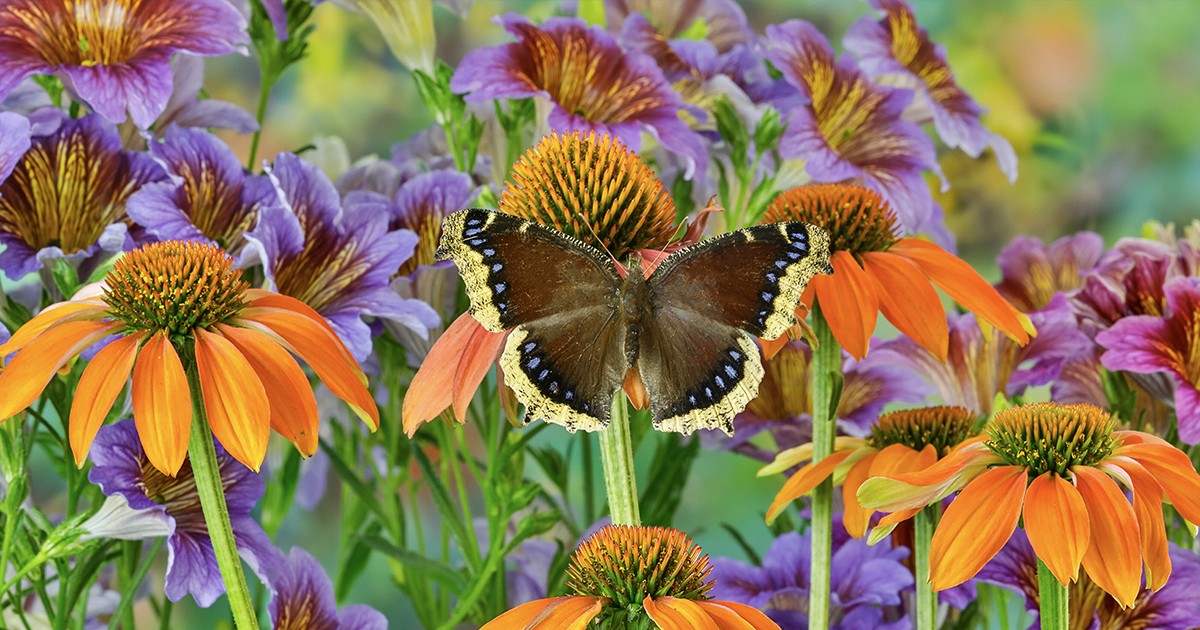
By Sally Quon
I’m dying. I know this to be true, as surely as I know winter is coming. I wonder if I will see the spring. I look at the sink full of dishes. Really, is this the way I want to spend my final days? It doesn’t matter. It’s not like I can stop doing the dishes.
“What’s your favorite season?” My son asks. We’re on our way to a nearby town, to visit a wildlife park. Toxic smoke from wildfires across the border darkens the sky, makes breathing difficult.
“Spring,” I reply.
“Why is that?”
“Everything is fresh and green, full of promise. And you?”
“Fall. I love the colors, the crisp air, the holidays.”
“Fall used to be my favorite season, but now it makes me kind of sad. It makes me think about death.”
“A leaf is just part of a tree. Don’t think about leaves dying—think about
trees shedding what isn’t necessary, like dead skin.”
He makes a good point. Then I think about salmon, fighting their way from the ocean to the riverbanks of their birth, only to lay eggs and die, and I’m sad again. I wonder if I should make a pilgrimage back to the place of my birth and decide the past holds nothing for me. I’d rather go somewhere I’ve never been. I desperately want to see the wildlife park. I can’t walk but there is a train I can ride.
Later, I cry when I find out the train only runs on weekends. It’s Wednesday.
Driving home, I look out over the lake, usually a stunning turquoise green. Today it reflects the smoky gray sky. It looks like the world ends at the edge of the cliff, like if you were to step forward, you would fall forever into nothingness.
My doctor calls. He’s got the results of my echocardiogram.
“I wish I had better news for you,” he said. I remain silent. I probably should tell him I’ve been smoking again, but I’m too embarrassed.
I work in a halfway house. One of the residents was ignoring COVID protocol.
“It’s not like it matters. Why should I put my life on hold?”
“It’s not about you. There are ten residents and six staff members you could infect. If I catch COVID, I’ll die.”
He looked at me and shrugged. Shrugged. That’s when I started smoking again, one cigarette per day. Whatever. We’re all going to die anyway.
My best friend, Jaki, is almost twenty years older than me. She wears a brace on her ankle, but still feels she must carry things to the car for me. Not being able to walk or carry things fills me with bitterness. My body has betrayed me. I want my final days to have meaning, but I struggle to get from my apartment to my car. Bitterness turns to despair.
Jaki and I are on a gravel road, high in the mountains overlooking the valley. We’ve got a picnic lunch, and hours before we need to be anywhere. The sky is still filled with smoke, but the forest is thick and seems to filter it out. The air is sweet with cedar and pine, cottonwood and balsam. The tamarack trees have not yet turned to gold, but autumn is making itself known in other ways—the cardinal red of the sumac, the indigo blue of the Oregon grape, and the mustard yellow leaves of the poplar. We talk as we drive, about life and love. Occasionally, one of us will recite some bit of poetry to the other. We share a love of poetry, but my memory is fading and the only bits I remember are from Robert Frost—Cousin Bob, as Jaki calls him. Jaki is distantly related.
“I wonder if someday, twenty years from now, a couple of little old ladies will be driving along reciting our forest poems?”
“Oh, absolutely,” Jaki replies, and we laugh. Jaki is a bright spot in my day. She tells me I’m not allowed to die. She knows it’s coming too.
“Why are there still so many mourning cloaks?” I ask. “Shouldn’t they be going somewhere by now?”
“Butterflies don’t go anywhere. After they lay their eggs, they die.”
Just like the salmon, I think. We are both quiet.
I finally remember the words of another poet, Dylan Thomas. Maybe that’s my problem. I’m going gently when I should be raging.
I don’t remember how to rage.